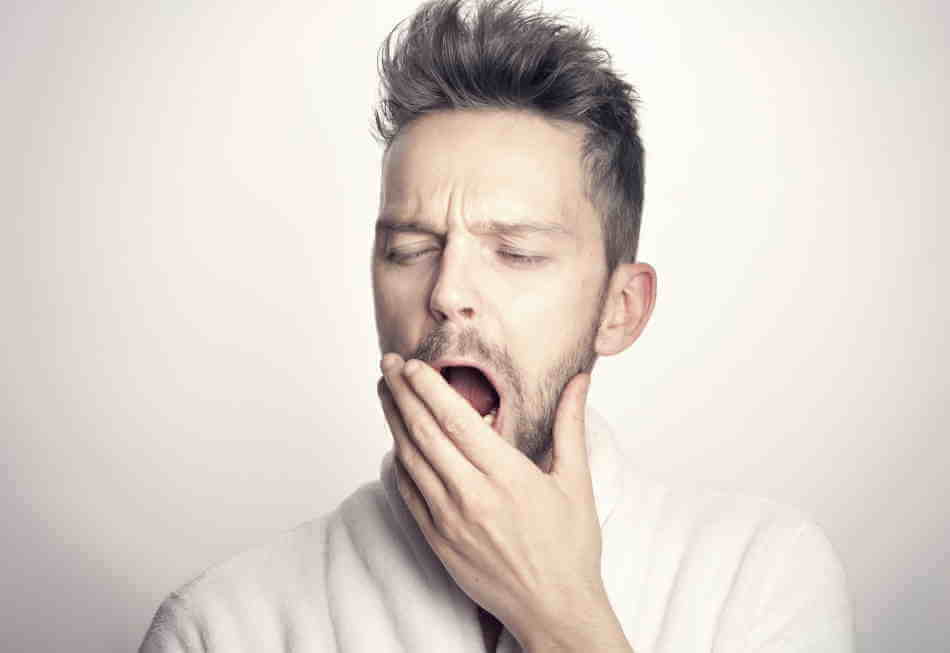Sleep has a lot to do with maintaining excellent health and wellness. It is a physical requirement that you should not ignore.
Your body depends on sleep to heal itself and produce more energy for the next day.
If you fail to get enough sleep each night, it could cause you to feel tired and depressed.
Not only that, but it can increase your chances of developing high blood pressure, obesity, heart disease, and diabetes.
That is why you need to do whatever it takes to get a good night’s sleep whenever possible.
Below are the top 11 tips on getting a good night’s sleep.
1) Avoid Caffeine at Night
People love to drink coffee and soda at all hours of the day and night. Unfortunately, these caffeinated beverages can cause you to feel awake for longer than necessary.
So if you consume them closer to your bedtime, then you’ll have trouble falling asleep.
That is why you should avoid caffeine within at least 5 hours of going to bed.
2) Do Some Cardiovascular Exercise
Cardiovascular exercise is essential to do each day for many reasons. Aside from benefiting your heart health, it can also make it easier to fall asleep.
Exercise causes your body to generate relaxation hormones called endorphins as a way to combat the stress you’re putting on your central nervous system.
Once the endorphin buzz kicks in after your workout, you’ll feel calm and relaxed for the rest of the day. Then you should have no problem lying down and sleeping at night.
3) Don’t Take Long Naps
Try to avoid taking long naps during the day because they can mess up your sleep cycle at night.
If you feel like you must nap, do it for no longer than 30 minutes. Also, it is better to take naps earlier in the day than later in the day. Then you won’t notice as much interference with your sleep.
4) Don’t Eat Close to Bedtime
Some people have a bad habit of eating their dinner close to bedtime. The problem here is that a full stomach can make it harder for you to fall asleep.
It is easier to fall asleep on an empty stomach than on a full stomach. Instead, try to wait at least 4 hours or more after your last meal before attempting to go to sleep.
5) Put Your Smartphone Away
Bedtime is the time to put your smartphone away and out of sight.
If you have a habit of staring at your smartphone screen at all hours of the day, then you will be too distracted to get to sleep with it by your side. So keep your smartphone away from the bed to avoid distraction.
6) Stick to a Regular Sleep Schedule
It is best to plan when you’re going to sleep and wake up each day. Don’t sleep and wake up at different hours of the day because it will drastically throw off your sleep cycle.
If you set a steady sleep schedule, you will train your body to sleep at the appropriate time.
7) Turn Off Television Before Bedtime
Television before bedtime can make it harder to get to sleep. It is better to clear your mind by avoiding images on screens within 10 minutes before bedtime.
Look for alternative things to do before bedtime which are relaxing, such as taking a warm bath or reading a book.
8) Use a Comfortable Mattress
You must be comfortable on your mattress before you can fall asleep on it. So if you have an old mattress that is uneven, it is time to replace it with a newer and firmer mattress.
Some people even put their mattresses directly on the floor to create a firm surface for their backs.
9) Consume a Supplement
There may be some over-the-counter supplement products that can help you sleep better, such as CBD oils and ZMA capsules.
CBD can help relax your central nervous system, while ZMA can increase testosterone production in men during the night. Both of which can help a person sleep better.
10) Go Outside During the Daylight Hours
When people get exposed to sunshine, it causes the body to produce a hormone called melatonin.
This hormone helps the central nervous system regulate the body’s sleep cycle. So if you make more melatonin in the sun during the day, it will be easier for you to get to sleep when it turns dark outside.
11) Block Noises
Loud noises and sounds from nearby rooms or residences may distract you during the night.
You can try to block out those noises by wearing earplugs in your ears when you sleep. Either that or turn on a fan to produce white noise that will block out the abnormal noises from the outside environment.
![]()

